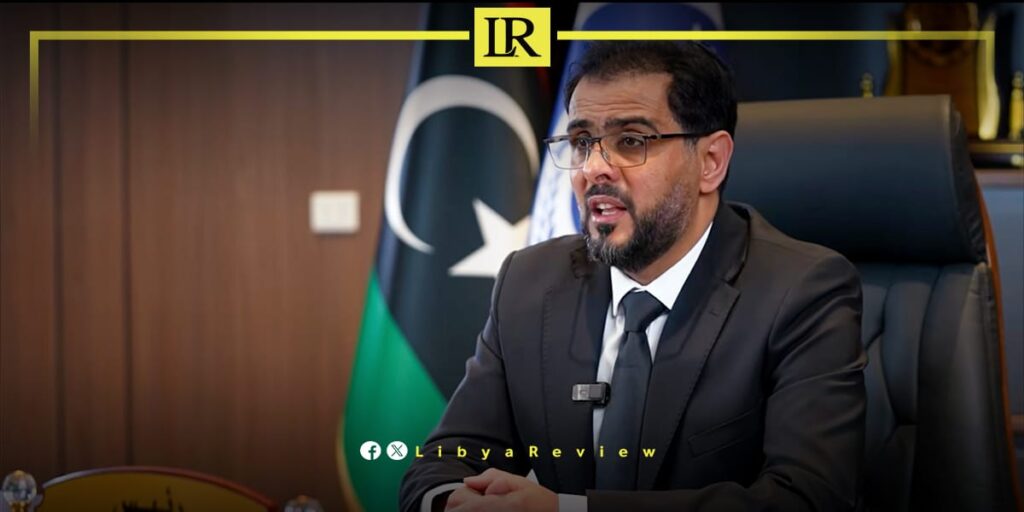Libya’s Prime Minister, appointed by the House of Representatives, Osama Hammad, has issued a strong statement rejecting what he described as “reckless and unilateral actions” by the United Nations Support Mission in Libya (UNSMIL), accusing it of exceeding its mandate and undermining Libya’s sovereignty.
In his statement released on Friday, Hammad said the UN Mission’s roadmap, presented to the Security Council on 21 August 2025, consisted of three main stages. The first involved preparing a comprehensive electoral framework for holding presidential and parliamentary elections. The second focused on unifying state institutions through the formation of a national government. The third stage aimed to launch an inclusive national dialogue to discuss major national issues.
However, Hammad criticised UNSMIL for “skipping the first two stages” and proceeding directly to the dialogue phase without clarifying the fate of the earlier steps. He said this move “stripped the roadmap of its credibility and obstructed its implementation before it could even begin.”
The Prime Minister also denounced UNSMIL for directly contacting public institutions and universities to select representatives for the dialogue without coordinating with Libya’s Ministry of Foreign Affairs and International Cooperation. He stressed that, under the 1961 Vienna Convention on Diplomatic Relations and the UN Charter, the ministry is the only sovereign body authorised to manage foreign relations and represent the state.
Hammad warned all public institutions and state bodies against dealing directly with any international entity without prior coordination with the Ministry of Foreign Affairs. He affirmed that security conditions in government-controlled areas remain stable, enabling the continued progress of reconstruction and development projects across cities and regions.
The Prime Minister reiterated that national reconciliation is a purely domestic issue that must not be subject to foreign interference or political bargaining, insisting that dialogue must remain entirely “Libyan-led and Libyan-owned.”
Hammad reminded the UN Mission that its mandate, as defined by Security Council Resolution 2009 (2011), is limited to technical and advisory support — not interference in state policies or the creation of parallel channels of authority.
Concluding his statement, Hammad warned UNSMIL against persisting in “provocative actions that infringe on Libya’s sovereignty,” while reaffirming his government’s commitment to constructive engagement with the international community to safeguard Libya’s unity, stability, and national interests.


